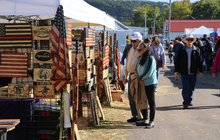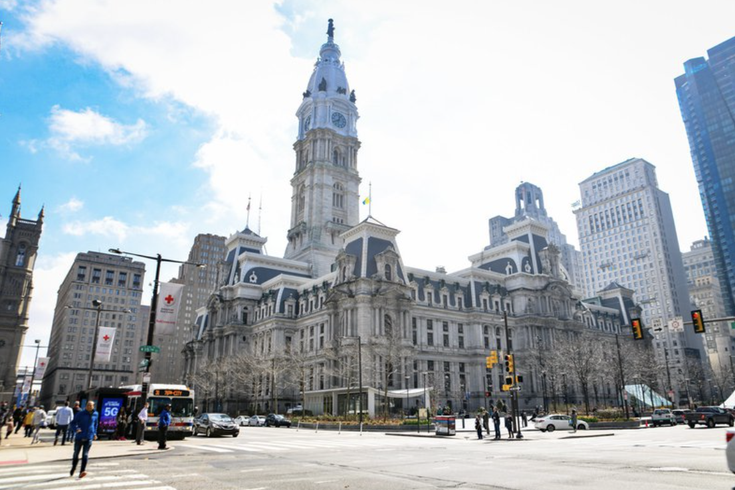


Kate Frese/for PhillyVoice
It's been a week since Philadelphia banned ski masks, sheisties and certain other facial coverings from being worn in some public places in the city. Now the questions are is the ban constitutional and how long will it remain a law?
Thursday marked one week since certain facial coverings became prohibited in various public spaces in Philly. The City Council bill enacting the rule went to Mayor Jim Kenney, who did not sign or veto it, resulting in it lapsing into law.
Now the question seems to be, how long will it remain a law?
The ordinance bans wearing ski masks — also known as balaclavas or sheisties — in schools, recreation centers, day cares, parks and city-owned buildings and on public transportation. (SEPTA already began enforcing its own ski mask ban in May.) Breaking the rule can result in a $250 fine, or a $2,000 fine if one is worn while committing a crime. The bill leaves wiggle room for exceptions, such as religious purposes or "First Amendment activities."
The bill was introduced by Councilmember Anthony Phillips, who at the time cited similar laws in Virginia, West Virginia, Florida, South Carolina, Georgia, New York City and Washington, D.C.
The state of New York repealed its face mask law in 2020 early in the COVID-19 pandemic because it conflicted with mask mandates, though the move was praised for eliminating an "outdated provision." Stii, despite the change, New York City Mayor Eric Adams publicly encouraged removing masks when entering stores.
D.C. repealed its face mask law this year, and the Atlanta City Council just tabled a bill that would enact a similar ski mask ban until next month. And back in Philly, residents online doubt that authorities will be able to effectively enforce the measure.
After the ski-mask ban bill was introduced in June by Phillips, it passed in council on Nov. 30 by a 13-2 vote. "It is a problem that we cannot ignore," Phillips told City Council when introducing the bill. "We cannot ignore it, because neighbors feel unsafe. We cannot ignore it, because police struggle to identify a suspect in these masks."
Councilmember Jamie Gauthier, a Democrat, voted against the bill. "I could not (in) good conscience vote for something that I feel criminalizes and marginalizes young Black men," Gauthier wrote on X, formerly Twitter, after the vote. Councilmember Kendra Brooks of the Working Families Party also voted against it.
In returning the bill unsigned, Mayor Kenney wrote in a letter obtained to PhillyVoice that the ban would be a "difficult law to enforce" and "wearing a ski mask by itself does not represent intent" to engage in criminal activity. Kenney also echoed concerns that enforcement would target young people of color, and pointed towards prevention of gun violence to be a better focus.
ACLU staff attorney Solomon Furious Worlds repeated similar sentiments when testifying to the council on Nov. 30. "Safety is important, but there's no evidence to suggest that ski masks cause or encourage violent crime," he said. "If you'd like to address violent crime, I'd suggest housing, food assistance, childcare, things like that."
Worlds questioned the constitutionality of the ordinance. "This proposal purports to give (Philadelphia police) officers the authority to stop civilians without suspicion of an actual unlawful activity, but that's unconstitutional," Worlds said.
When reached for comment, the ACLU of Pennsylvania provided PhillyVoice with additional points from Worlds's testimony. In regards to the constitutionality of the law, Worlds stated that it "violates the U.S. and Pennsylvania constitutions' requirement that officers have reasonable and particularized suspicion of criminal activity."
Worlds also said that it violates the purpose of Bailey et al. v. the City of Philadelphia, an ongoing 13-year lawsuit regarding stop-and-frisk practices disproportionately targeted towards Black and Latino men.